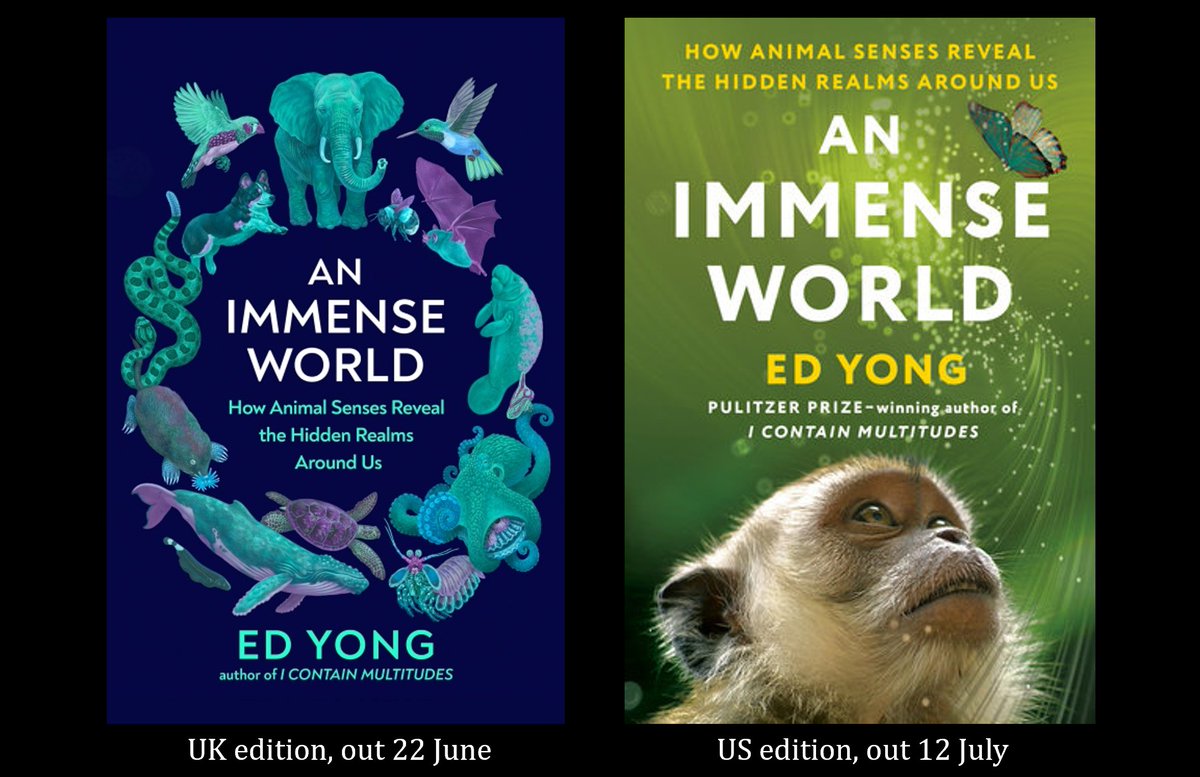
I wrote about one of the wildest nature stories I've heard in years.
There's a community of giant sponges thriving on the peak of an underwater Arctic volcano, by devouring the ruins of an extinct ecosystem that died out 2000-3000 years ago. 1/
theatlantic.com/science/archiv…
There's a community of giant sponges thriving on the peak of an underwater Arctic volcano, by devouring the ruins of an extinct ecosystem that died out 2000-3000 years ago. 1/
theatlantic.com/science/archiv…
Karasik is a seamount 200 miles from the North Pole. Researchers expected it to be barren. Then they dropped a camera and found it carpeted with life, including so many sponges you sometimes can't see what's under them. Which made no sense because... 2/
theatlantic.com/science/archiv…
theatlantic.com/science/archiv…
There's barely any food here. The region couldn't possibly sustain so many animals. And yet the sponges are thriving. They're full of babies. And the adults are 300 yrs old on average--about the same age as Baltimore or New Orleans. What do they eat? 3/
theatlantic.com/science/archiv…
theatlantic.com/science/archiv…
2000-3000 yrs ago, tube-building worms ate the methane/sulfides that leaked from the then-active volcano. The gases stopped. The worms died. But their tubes--the empty architecture of a fallen worm civilization--are what the sponges now eat. 4/
theatlantic.com/science/archiv…
theatlantic.com/science/archiv…
Will the sponges run out of food? Maybe! But probably not for centuries at least.
Imagine that, a group of animals that might be doomed because they're overdependent on the dead remains of an extinct ecosystem.
*stares in fossil fuels*
Fin/
theatlantic.com/science/archiv…
Imagine that, a group of animals that might be doomed because they're overdependent on the dead remains of an extinct ecosystem.
*stares in fossil fuels*
Fin/
theatlantic.com/science/archiv…
(Lord, I've missed writing nature stories. This was a wonderful and much-needed relief from the continuing horror of the pandemic, to which I will now be returning.)
• • •
Missing some Tweet in this thread? You can try to
force a refresh






